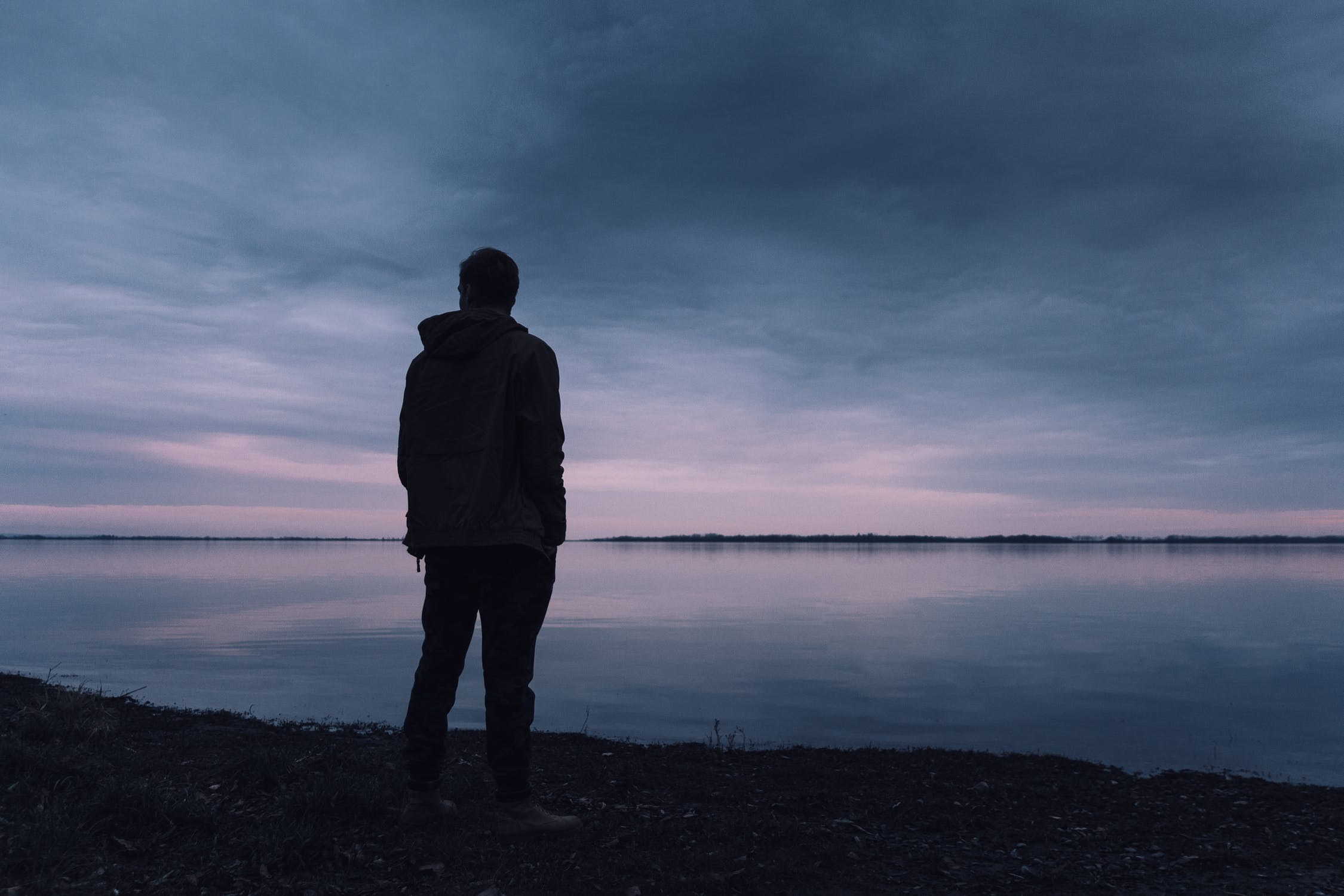
In the United States, anxiety disorders are the most common type of mental illness. Each year, 40 million Americans are impacted by this disorder. This means that 18.1 percent of the population has some type of anxiety disorder.
Unfortunately, people who have an anxiety disorder are six times more likely to be hospitalized for psychiatric disorders than the rest of the population. The people who receive help are the lucky ones. Only 36.9 percent of people who suffer from anxiety are able to receive treatment.
These facts are especially important for anyone who suffers from an addiction. Co-occurring disorders can make recovering from an addiction harder. Someone may also be more likely to relapse if they suffer from anxiety and an addiction. In order to successfully recover from substance abuse, individuals need to get addiction and mental health treatment at the same time.
What Is Anxiety?
People normally experience some level of anxiety. You may feel anxious before you go on a first date or before an athletic competition. If you have an anxiety disorder, your symptoms are worse than just worrying about a test. People who have this disorder have consistent symptoms that become worse over time. These symptoms may make it hard to carry out normal activities like going to school or having a relationship.
There are several types of anxiety disorders, which are listed below.
While anyone can develop these types of anxiety disorders, there are a few risk factors that make developing anxiety more likely. Personality traits like shyness are linked to anxiety disorders. If someone was exposed to trauma or stressful events in their early childhood, they are more likely to develop anxiety. A family history of mental illness and substance abuse problems can also increase someone’s likelihood of having anxiety during their lifetime.

What Are the Signs and Symptoms of Anxiety?
Each person is different, so the symptoms of anxiety can vary from person to person. In addition, the symptoms can also change based on the kind of anxiety disorder. The following are some of the most common symptoms associated with this mental illness.
How Does Anxiety Lead to Substance Abuse?
An estimated 20 percent of people who have an anxiety disorder or mood disorder also have a substance abuse disorder. Likewise, 20 percent of people who have a substance abuse disorder also have some type of mood or anxiety disorder. When someone suffers from anxiety, they are more likely to develop an addiction. As a general rule, people who have anxiety disorder have a two to three times higher chance of developing a substance abuse disorder at some point in their lives.
People may use alcohol or drugs to alleviate feelings of anxiety, worry, or nervousness. Over time, this may develop into an addiction. Each time the individual self-medicates for anxiety, they are increasing their tolerance and becoming more dependent on drugs or alcohol. Eventually, their dependence turns into an addiction.
How Do Drugs and Alcohol Make Anxiety Worse?
Anxiety and addiction tend to make each other worse over time. When someone drinks alcohol, it affects neurotransmitters like serotonin. This effect can worsen conditions like anxiety and depression. Unfortunately, people may use alcohol or drugs to deal with social situations. Eventually, this can lead to an addiction and worse anxiety symptoms.
To make the situation even more difficult, withdrawal symptoms can make anxiety and depression worse. Because of this, it is important to get anxiety treatment when you go to an addiction treatment center. Through the right care, individuals can improve their chances of having a long-term recovery.
Treatment for Anxiety and Addiction
The type of anxiety treatment someone gets depends on their symptoms. Co-occurring disorders like anxiety require a different type of treatment process. For example, treatment for anxiety may include talk therapy, group therapy, medication, or lifestyle changes.
Talk therapy involves programs like cognitive behavioral therapy (CBT). This form of treatment helps people explore the way their underlying beliefs and internal dialogue affect their behaviors and choices. If you are self-medicating for anxiety, CBT is especially useful and can help you prevent a relapse. Other types of talk therapy can help patients explore their triggers and how to manage them.

In group therapy, individuals can gain peer support from people who also suffer from anxiety and substance abuse. They can share advice and feedback with each other. Since therapy is often not enough for anxiety disorder, the treatment center may also recommend medication and short-term sleep aids as well.
While having an addiction and anxiety can feel debilitating, you do not have to live with these symptoms forever. Through Mission Harbor Behavioral Health, you can break free from the cycle of addiction and get dual diagnosis treatment. To learn more about how we can help your long-term recovery goals, call us today.
The facilities at Mission Harbor are staffed with trained experts to best assist patients with their mental health issues. We are capable of dealing with any and all cases with a licensed staff, equipment, and approved techniques. Our mission is to help those who want to help themselves, and we support your decision in seeking help.
Get Help Now
Alcohol addiction is extremely difficult to overcome on your own.. Seek specialized help and let professionals guide you in your recovery.

